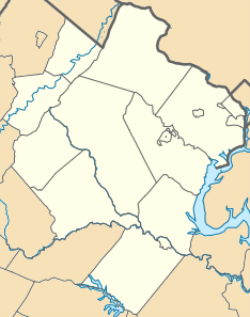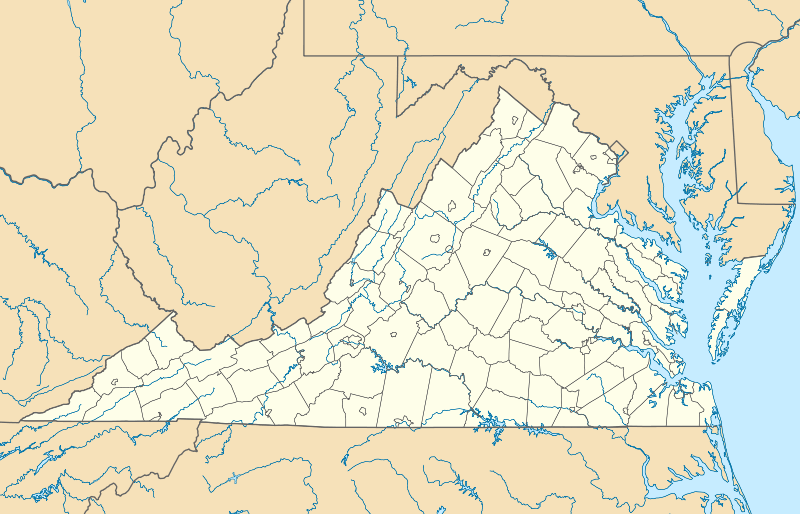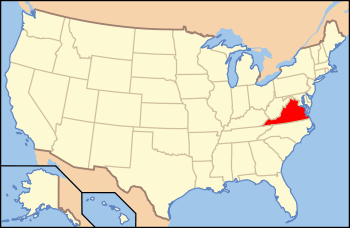Round Hill Historic District (Round Hill, Virginia)
|
Round Hill Historic District | |
|
| |
   | |
| Location | Area within the Round Hill town limits that is bounded roughly bu VA 7 to the S., Locust St. to the W., Bridge on E, Round Hill, Virginia |
|---|---|
| Coordinates | 39°7′58″N 77°46′07″W / 39.13278°N 77.76861°WCoordinates: 39°7′58″N 77°46′07″W / 39.13278°N 77.76861°W |
| Area | 96 acres (39 ha) |
| Built | c. 1850 |
| Built by | Simpson, Arch |
| Architect | Noland, Barney |
| Architectural style | Late Victorian, Late 19th And 20th Century Revivals, Folk |
| NRHP Reference # | 09000366[1] |
| VLR # | 291-0010 |
| Significant dates | |
| Added to NRHP | May 28, 2009 |
| Designated VLR | December 18, 2008[2] |
Round Hill Historic District is a national historic district located at Round Hill, Loudoun County, Virginia. It encompasses 204 contributing buildings, 1 contributing site, and 1 contributing structure in the town of Round Hill. It includes a variety of residential, commercial, and institutional buildings, with the majority built between 1880 and 1920. Notable buildings include the Gregg-Parks-Potts House (c. 1775), Guilford Gregg Store (c. 1851), Sagamore Hall, James Copeland House (1886), Hibbs House (c. 1890), African Methodist Church (1892), Mount Zion Baptist Church, Round Hill Baptist Church, Round Hill United Methodist Church, Castle Hall, Ford’s Store, Round Hill Grocery, and the former Round Hill Railroad Depot (1902).[3]
It was listed on the National Register of Historic Places in 2009.[1]
References
- 1 2 National Park Service (2010-07-09). "National Register Information System". National Register of Historic Places. National Park Service.
- ↑ "Virginia Landmarks Register". Virginia Department of Historic Resources. Retrieved 5 June 2013.
- ↑ Maral S. Kalbian and Margaret T. Peters (July 2008). "National Register of Historic Places Inventory/Nomination: Round Hill Historic District" (PDF). Virginia Department of Historic Resources. and Accompanying four photos

